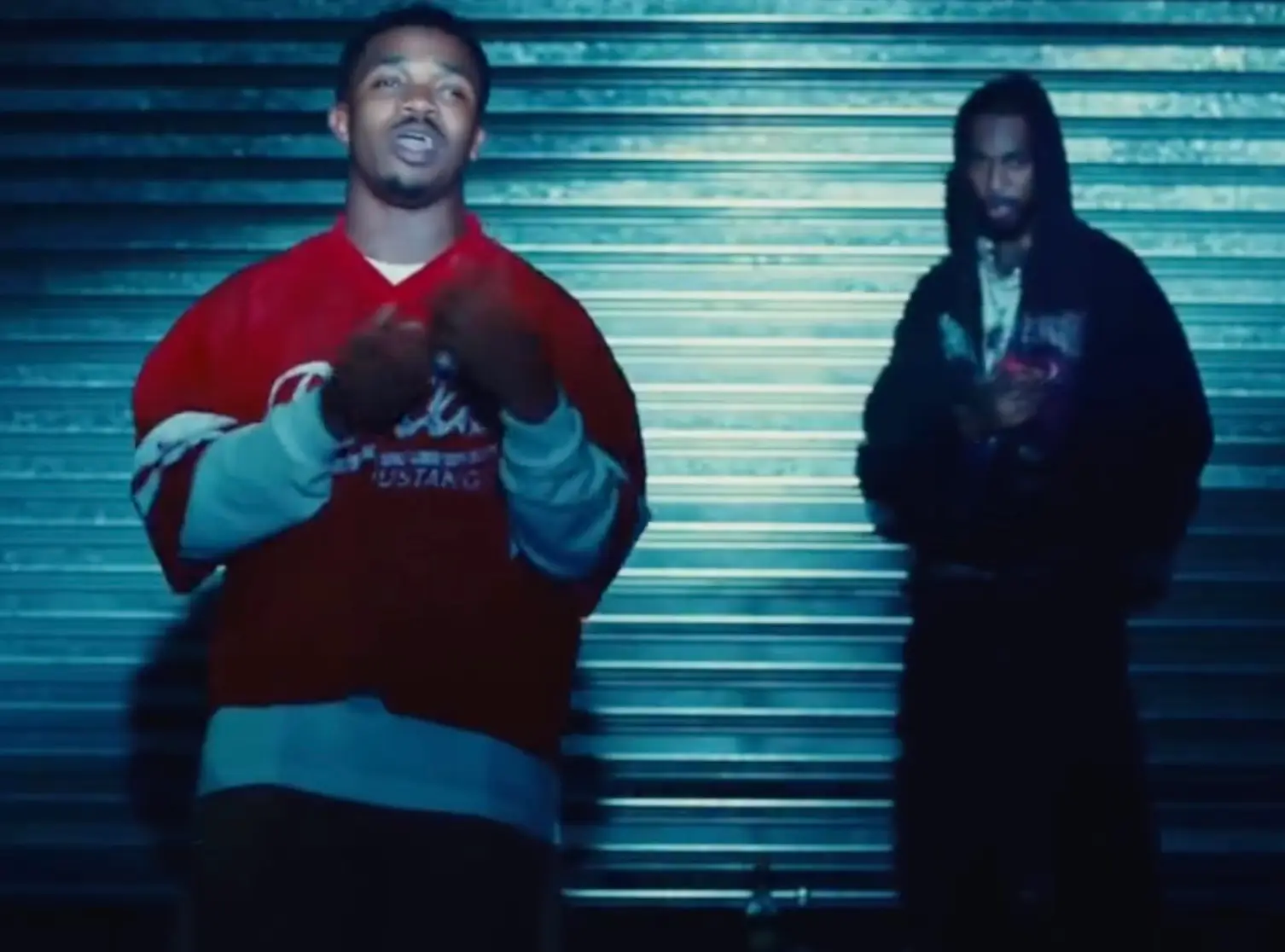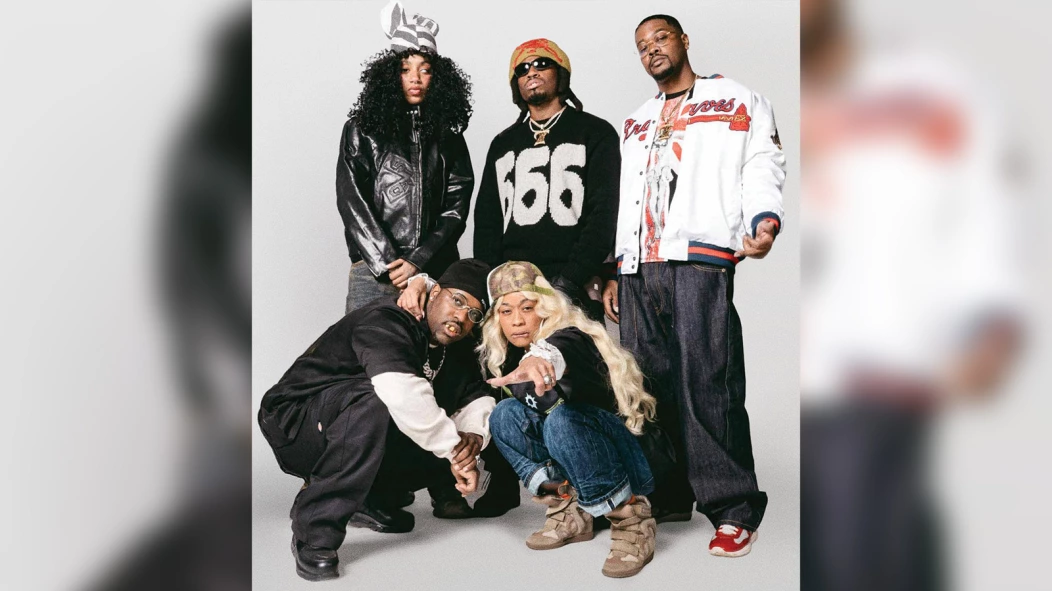In the sunlit fog of Southern rap’s current renaissance—where trap-heavy crescendos and raw soul samples churn from Baton Rouge to Birmingham—TJ Minor emerges not quietly, but with a warning. Hailing from Montgomery, Alabama, Minor’s lyricism isn’t about clever boasts or synthetic hooks. His message is a harbinger. Lyrical, focused, and steeped in lived experience, TJ Minor delivers verses not for club rotation but for inner-city sermon. The tone is urgent. The stories aren’t metaphors. And the project itself—“Warning”, his latest release—lands like a series of dispatches from a city block scorched by inequality, defiance, and spiritual reckoning.
The Gospel According to Montgomery: Place as Protagonist
Much like how Tupac made the streets of L.A. feel cinematic and Scarface immortalized Miami’s underworld, TJ Minor transforms Montgomery into a character of its own. This isn’t the Montgomery of high school textbooks—the one frozen in sepia with Rosa Parks and MLK etched into the background. This is Montgomery seen from the inside out: bullet-ridden porches, cousins doing life, cousins burying cousins, grandmothers praying over crack pipes and court dates. It’s a portrait of a city that has produced resilience through trauma, brilliance through systemic failure.
Minor’s command of imagery recalls the Southern literary canon—think Jesmyn Ward or Ernest J. Gaines—where the land remembers every name, every bloodstain, and every hymn. Tracks like “Eastside Psalms” and “Gomer’s Warning” are not just songs; they’re spiritual field recordings, vibrating with the echoes of a generation that inherited grief and kept marching.
Lyrical Theology: A Street Prophet in 16 Bars
The title Warning isn’t an exaggeration. It’s an invocation. And TJ Minor assumes the role of prophet, griot, and preacher all in one. His lyrical style is neither cluttered nor minimalist—it’s exacting. Every word is deliberate, aimed like scripture shot through a .45 barrel. On “Book of Eli Minor,” he raps:
“Mama said God gon’ use you / Said He gave you bars like bruises / Each one tellin’ where you been hit / And who been hittin’ you.”
Minor often frames his verses like parables. There’s a relentless spiritual undertone, drawing not from church dogma but from an interior theology shaped by violence, incarceration, and survival. References to the Bible are frequent but not preachy—they’re repurposed as tools of understanding, of reconciling divine silence with earthly pain. It’s the faith of someone who’s had to perform funerals before baptisms, who questions God but doesn’t abandon Him.
Soundscape of Reckoning: Beats That Bleed
Warning is a sonic contradiction: at once minimal and full-bodied, eerie but warm. Minor’s production choices lean into live instrumentation and dusty samples, frequently invoking gospel organs, chopped jazz loops, and dissonant hi-hats that tick like doomsday clocks. There are no glossy hooks. Instead, producers like 4thRebel, Nyrell, and Minor himself build beds of sound that feel unstable, like cracked floors beneath an already swaying house.
Standout tracks such as “Sanctified Shadows” layer minor-key piano with distorted vocal snippets from civil rights speeches—rendering each beat a collage of Black Southern memory. “Ashes on the Altar,” meanwhile, leans heavily on blues guitars and vinyl static, sounding like a lost tape from a 1973 protest vigil. The cumulative effect isn’t nostalgia; it’s a demand to remember, to listen, and to act.
Masculinity in Mourning: Vulnerability Without Sentimentality
One of the more radical elements of Warning is TJ Minor’s willingness to confront masculinity—not through performative softness, but through embodied vulnerability. He doesn’t “soften” to humanize himself; he sharpens his pain to illuminate how much he’s already lost. In “Lucille’s Prayer Rug,” he recounts the story of his aunt, whose children were taken by gunfire and then by prison. His voice cracks, but it never pleads. Minor doesn’t beg for empathy. He constructs it.
Where many male rappers hide behind bravado, Minor disarms through confession. On “No Sanctuary,” he declares:
“I never learned how to cry right / Tears got caught in my grill like porch flies.”
This metaphor—intimate, grotesque, and achingly specific—epitomizes what sets him apart. His warning is as much emotional as it is societal. He tells us the price of silence, and the cost of a masculinity that can’t weep.
Culture:
To call TJ Minor a “new voice” would be misleading. His cadence feels ancient. His references reveal an intellectual lineage that runs deeper than the genre’s present moment. Echoes of Gil Scott-Heron reverberate in his rhythmic incantations. The bloodline of James Baldwin—especially Baldwin’s fire-and-brimstone clarity—courses through Minor’s refusal to let America look away.
He doesn’t traffic in “woke” branding. He doesn’t name-drop Audre Lorde or quote Cornel West. Instead, he invokes them through ethos. Through focus. Through the creative discipline of someone who’s clearly studied not only rap, but the politics of survival and the literature of resistance.
A Southern Rap Epic in a Minor Key
Minor doesn’t pander. He doesn’t chase virality. His warning isn’t a marketing gimmick; it’s a transmission. And though Warning might not rocket up the Billboard charts, it already occupies a higher place—cultural canon. It joins a body of work that includes Big K.R.I.T.’s 4eva Is a Mighty Long Time, Goodie Mob’s Soul Food, and Scarface’s The Fix. But it also exists beside books, documentaries, and oral histories about the Black South and its permanent state of reconstruction.
For fans of rap with purpose—music that hurts, haunts, and heals—Warning is more than an album. It’s a document. A mirror. A spiritual wail from Montgomery’s front porches to America’s deaf ears.
Flow
TJ Minor doesn’t ask to be seen as the next big thing. He asks only to be heard. And in Warning, he crafts a debut that scorches and sanctifies in equal measure. This is not music to passively consume. It demands your attention. It asks what kind of world allows someone like Minor to emerge only because so many around him have vanished.
No comments yet.








